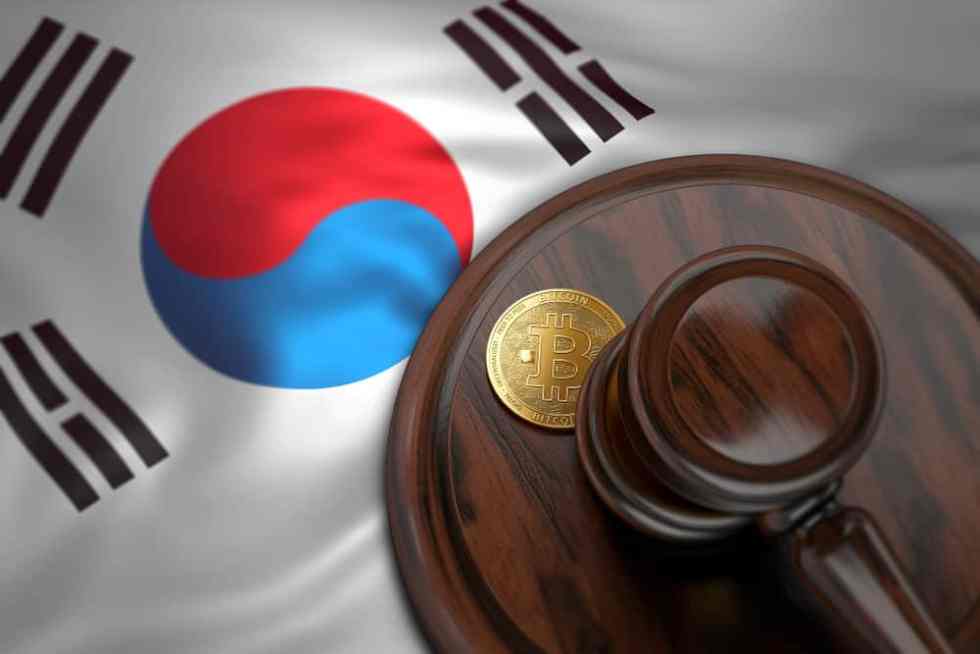South Korea aims to form a digital asset watchdog by June, according to local media sources. The committee will oversee regulation of the space until the government is able to draft basic laws on digital assets.
South Korea Launch Crypto Watchdog
The committee will be unveiled during the last week of June, according to a report by South Korean news outlet NewsPim.
In response to what it has dubbed the “terra (LUNA) crisis,” the South Korean government aims to expedite the formation of a new regulatory body to regulate the crypto business. “As early as next month,” the Digital Assets Committee (literal English translation) might be launched. The committee will function independently of the country’s two primary (tradfi) financial regulators, the Financial Services Committee (FSC) and the Financial Supervisory Service (FSS).
The committee will keep an eye on the markets and set standards for listing, disclosure, and investor protection. It will also consult with a group made up of the major five cryptocurrency exchanges in South Korea: Upbit, Bithumb, Coinone, Cobit, and Gopax.
With sole jurisdiction over the industry, the new committee will most likely be one of the world’s first dedicated crypto regulatory bodies. According to sources close to President Yoon Suk-Power Yeols People’s Party, the organization “is likely to become a control center for policy formation and monitoring of the crypto asset business.”
Since 2017, all types of token launches have been prohibited in South Korea. Several huge corporations are eager to issue their own coins, notably the Korean giant SK, which is already planning to introduce its own tokens. “The schedule for legalizing initial coin offerings (ICOs) could be accelerated,” the party has said.
Related reading | Do Kwon’s Proposal For Terra Relaunch Gets Approved, Now What?
Government Speeds Up Regulatory Bill
Despite the government’s efforts to speed up crypto regulation, basic regulations in the space are projected to take at least a year to pass. In the meantime, the government may update existing financial disclosure requirements to accommodate for cryptocurrency.
In South Korea, there has been a constant demand for the development of a separate institution for virtual assets. This is because the growth of the virtual asset market needed crypto investors’ protection on par with stock investors.
ETH/USD trades close to $2k. Source: TradingView
Hwang Seok-jin, a professor at Dongguk’s Graduate School of International Affairs & Information Security and a member of the Special Committee on Virtual Assets, said: “As of the end of last year, the daily transaction amount of virtual assets was 11.3 trillion won, which is similar to the average of KOSDAQ daily transactions, but there is no investor protection due to the absence of the system,” and suggested: “We should set up a government department to protect digital asset investors at the level of protection for stock investors.”
According to previous reports, South Korea is considering tighter crypto laws in response to the Terra crisis.
The government has also intensified its probe into the crash, summoning Terraform Labs employees to court.
The desire for increased regulation runs against to President Yoon Suk-campaign yeol’s promises. Given the growing popularity of crypto in South Korea, the President-elect campaigned on pro-crypto regulation.
After the Terra fiasco, South Korea isn’t the only country lobbying for crypto regulation. Top European and American officials have advocated for a more aggressive attitude on space.
Related Reading | Why Polygon Launched Fund To Attract Projects From Terra Network
Featured image from Shutterstock, chart from TradingView.com
